
A dairy industry expert said on Sunday that Hong Kong is likely to lift its monthslong restriction on baby formula exports in October as scheduled.
Wang Dingmian, former vice-chairman of the Guangdong Dairy Industry Association, said lifting the ban is in the interest of both Hong Kong businesses and Chinese mainland residents.
"Hong Kong probably will lift the limit soon, and one of the major reasons is that the ban has triggered concern from the mainland that it is a form of discrimination," Wang said.
The Hong Kong Special Administrative Region's government also needs to consider the interests of the city's milk dealers, whose businesses have suffered over the past few months because of the limit, he said.
Ko Wing-man, Hong Kong's secretary for food and health, said on Saturday that the government will determine in October whether milk suppliers can ensure an adequate supply for Hong Kong residents.
Ko was quoted by Xinhua News Agency as saying that if milk suppliers can show they can meet the city's need, the Hong Kong government will abolish the restriction on milk powder purchases.
The restriction, which went into effect on March 1, bans people 16 and older from carrying more than two cans of infant milk formula, or 1.8 kilograms in total, out of Hong Kong without prior approval.
Offenders face a fine of up to HK$500,000 ($64,444) and two years in jail, it said.
The restriction came after many Hong Kong residents expressed outrage this year when mainland travelers bought up large amounts of baby formula, making supplies in the city scarce.
Hong Kong formula is sought after by mainland residents who have been worried about food safety since the melamine-tainted milk scandal in 2008. At least six children died from drinking powdered milk laced with melamine, an industrial chemical added to milk to give misleadingly high protein readings.
In the first two days of the ban in March, 45 people, including both Hong Kong and mainland residents and one foreign-passport holder, were detained, and more than 178 tins of milk powder were seized, according to the Hong Kong Security Bureau.
Hong Kong's milk powder supply has been stable since the government launched the baby formula export limit, Ko said.
The government has set up a committee to work with industry insiders and people in other related sectors to improve the local supply chain of milk powder products, he added.
Ko said in late March that the government will consider abolishing restrictions on milk powder exports only if milk suppliers could improve the resupply system, add reordering services at retail stores, allow the public to order formula in small pharmacies, add to supplies, and ensure sufficient manpower in the milk-powder industry to cope with the demand.
"The government's test will focus on how to ensure Hong Kong residents can buy such products whenever they need them, especially during peak demand, such as around Chinese New Year and Golden Week holidays, when many mainland shoppers stream into Hong Kong," said Wang, the dairy industry expert.
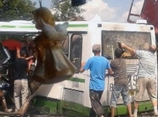
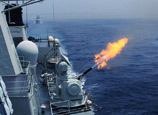
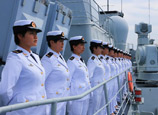
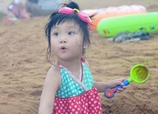
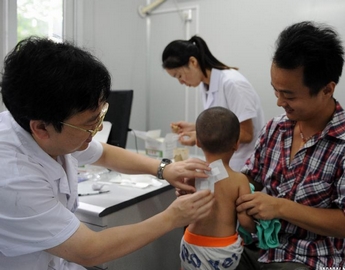
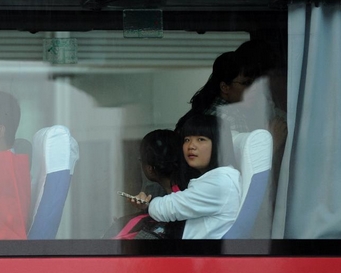
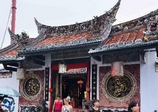
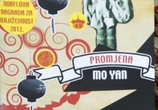
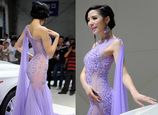







 Typhoon Soulik makes landfall in SE China's Fujian
Typhoon Soulik makes landfall in SE China's Fujian


![]()
